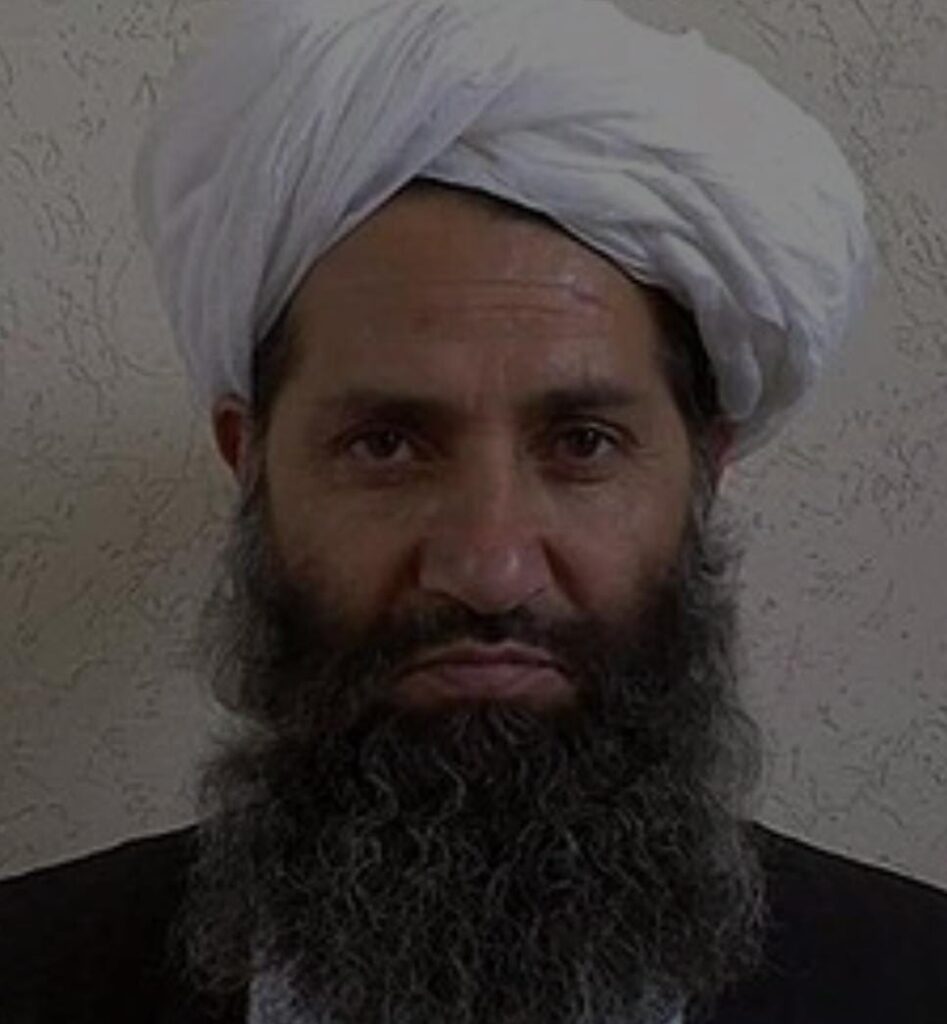In a highly anticipated address ahead of Friday prayers, the Taliban’s Supreme Leader Hibatullah Akhundzada delivered a sweeping set of directives that critics say mark a further clampdown on basic freedoms, civic space, and personal liberties in Afghanistan. The speech, framed as a moral and political roadmap, touched on a wide range of issues — from media censorship to the banning of educational opportunities for women.
Among the most controversial orders was the renewed instruction to shut down all private institutions providing home-schooling for girls. This comes despite growing domestic and international pressure to restore educational rights for Afghan women, who have been almost entirely excluded from formal schooling since the Taliban’s return to power in 2021. Critics argue this move further entrenches gender-based discrimination and undermines long-term national development.
In a parallel effort to police cultural behavior, the Supreme Leader ordered the Minister of Media to strictly enforce the ban on TikTok, labeling the platform as a source of “dancing and singing” — activities the regime deems morally inappropriate. Additionally, the General Directorate of Intelligence (GDI) has been tasked with finding new ways to prevent Afghans from using VPNs, a move seen as an attempt to choke digital freedom and restrict access to independent news sources and global platforms.
While some announcements appeared to address public welfare — such as the call to reduce medicine prices and investigate the misuse of Afghan hashish — others raised significant alarm. Notably, the Supreme Leader ordered fast-tracking the acquisition of Russia’s S-400 air defense system to counter alleged surveillance by American drones, a move signaling Afghanistan’s growing tilt toward Moscow and further militarization.
Also troubling was the order to remove artificial ingredients from food supplies without outlining any clear scientific framework or logistical plan — a decree that some experts fear could disrupt food imports and availability in a country already grappling with economic crisis.
In matters of health, the speech included a directive to increase research on at-home childbirth, which many see as a step backward in a country with fragile maternal health infrastructure. Human rights advocates warn this could jeopardize the lives of thousands of Afghan women if access to professional medical care continues to be sidelined.
Observers say the Taliban leadership is doubling down on ideological control, while ignoring the mounting socio-economic and humanitarian challenges facing ordinary Afghans. “What we are witnessing is a regime that prioritizes doctrinal rigidity over practical governance,” said a political analyst based in Kabul, who requested anonymity for safety reasons.
As international isolation continues, and internal restrictions intensify, the Afghan populace — particularly women and the youth — find themselves increasingly cornered, with fewer avenues for education, employment, or expression.





